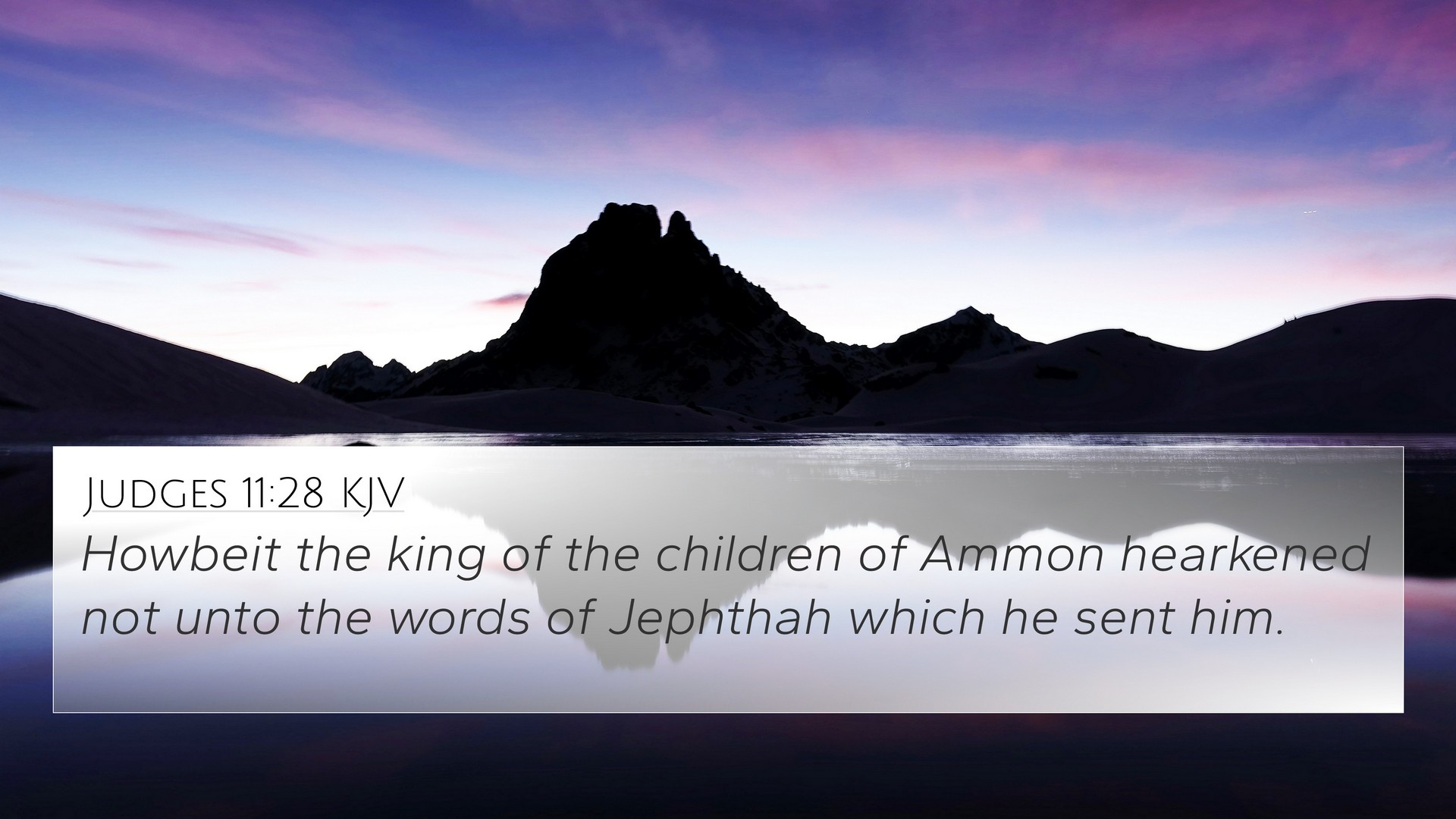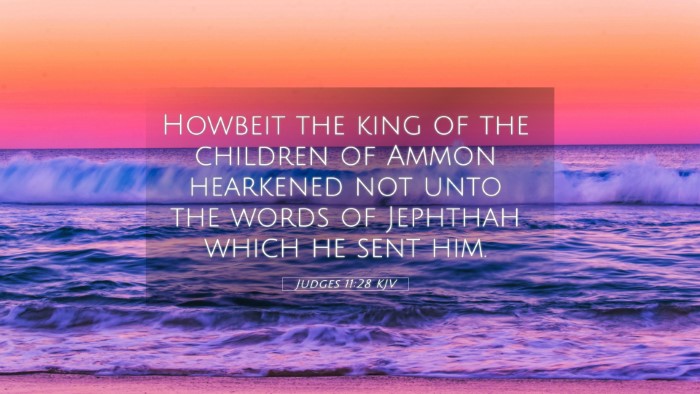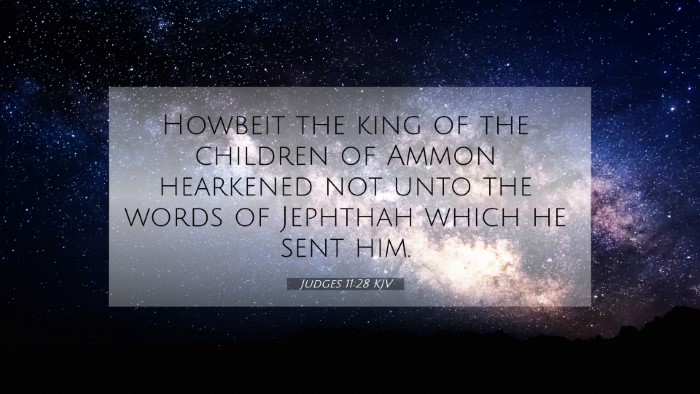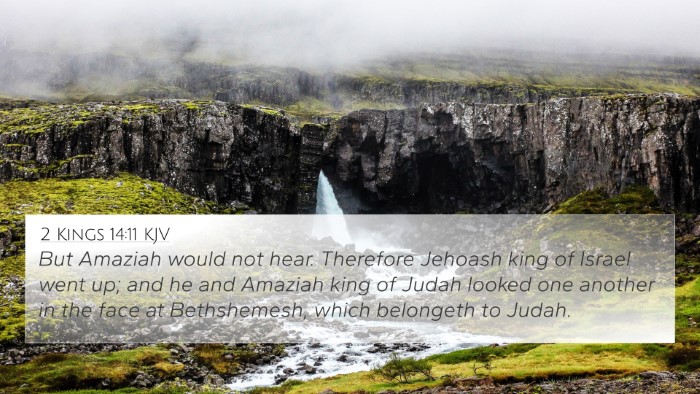Old Testament
Genesis Exodus Leviticus Numbers Deuteronomy Joshua Judges Ruth 1 Samuel 2 Samuel 1 Kings 2 Kings 1 Chronicles 2 Chronicles Ezra Nehemiah Esther Job Psalms Proverbs Ecclesiastes Song of Solomon Isaiah Jeremiah Lamentations Ezekiel Daniel Hosea Joel Amos Obadiah Jonah Micah Nahum Habakkuk Zephaniah Haggai Zechariah MalachiVerse
Judges 11:1 Judges 11:2 Judges 11:3 Judges 11:4 Judges 11:5 Judges 11:6 Judges 11:7 Judges 11:8 Judges 11:9 Judges 11:10 Judges 11:11 Judges 11:12 Judges 11:13 Judges 11:14 Judges 11:15 Judges 11:16 Judges 11:17 Judges 11:18 Judges 11:19 Judges 11:20 Judges 11:21 Judges 11:22 Judges 11:23 Judges 11:24 Judges 11:25 Judges 11:26 Judges 11:27 Judges 11:28 Judges 11:29 Judges 11:30 Judges 11:31 Judges 11:32 Judges 11:33 Judges 11:34 Judges 11:35 Judges 11:36 Judges 11:37 Judges 11:38 Judges 11:39 Judges 11:40



